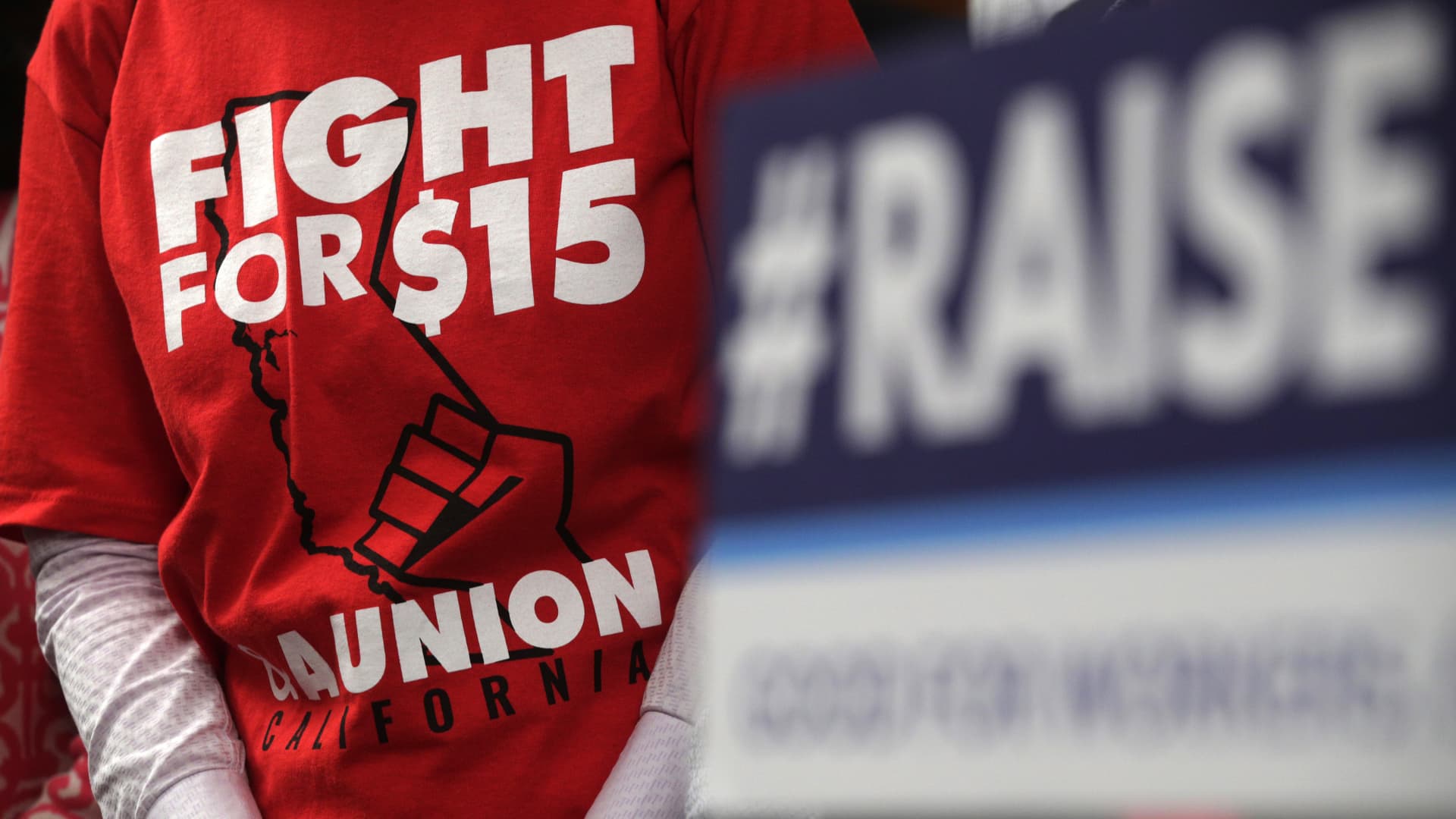From the OP's link:
Along with the reduction in employment, the federal budget deficit would increase by $54 billion over the next 10 years, a fairly negligible level considering the fiscal 2020 shortfall totaled more than $3 trillion.
Pay for all workers would increase by a net $333 billion, “an increased labor cost for firms considerably larger than the net effect on the budget deficit during that period,” the CBO report said.
In the 2019 estimate, the agency said total family income would decrease slightly on net.
“Higher wages would increase the cost to employers of producing goods and services,” the report said.
“Employers would pass some of those increased costs on to consumers in the form of higher prices, and those higher prices, in turn, would lead consumers to purchase fewer goods and services,” the report found. “Employers would consequently produce fewer goods and services, and as a result, they would tend to reduce their employment of workers at all wage levels.”
.
.
Boosting the minimum wage would result in increased spending on Medicaid for those who lost their jobs due to higher wages, while outlays for Social Security also would rise due to higher salaries.
However, those at the bottom rung also would feel some impact.
The report expects that of the 1.4 million workers displaced by the higher wages, half would fall out of the labor force completely by 2025.
“Young, less educated people would account for a disproportionate share of those reductions in employment,” the report said.
Way to go, democrats. Let's fuck over the young, less educated people. They'll vote for us anyway cuz they don't know any better.

 www.cnbc.com
www.cnbc.com
